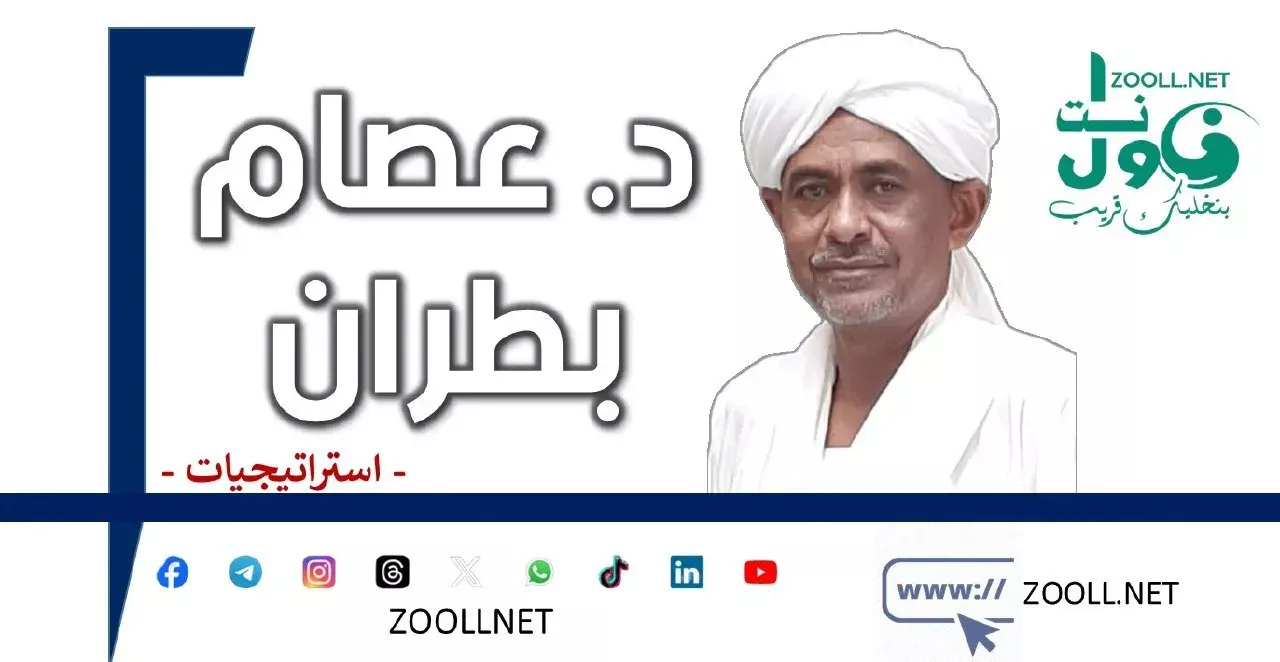Why Rwanda and Angola?? – Strategies – ✍️ Dr. Issam Batran

The biosphere of any country in crisis, such as Sudan, does not stop within the country's borders, but rather extends to neighboring countries and backyards…
Yesterday, Lieutenant General Abdel Fattah, Chairman of the Sovereignty Council, returned from a short visit abroad to Rwanda and Angola. He is following the progress of the war in Sudan and its relations with the extensions of the vital strategic periphery and rear. He seeks to understand the importance of Al-Burhan's visit among the fleeting visits to the two countries, while the internal situation requires his presence in… Taxi driving…
The depth of the two visits has important strategic implications for identifying regional experiences exhausted by internal wars, attracted by international alliances and whose internal and social fabric has been torn apart by civil wars. Both countries represent a model of economic and urban development. boom and the restoration of the social fabric torn apart by fighting between warring tribes and military factions.
Al-Burhan's first visit to Rwanda was to attend the inauguration of President Paul Kagame for a fourth term after elections he won with a landslide majority of 99.18 percent. His speech at the famous public celebration at a football stadium confirmed that regional peace is a priority for his country.
– Paul Kagame, who was able to cross into Rwanda to seek safety after the genocidal campaign that left, according to the United Nations, 800,000 dead, mostly from the Tutsi minority, has even been described as a model of development perhaps of Rwanda's importance. in Sudan comes from the context of its control in the eastern Democratic Republic of Congo, through which logistical support is launched. The cross-border rebel militia represents one of the starting points of the Arab diaspora belt, which includes Niger, Chad and the Central. Africa, Congo…
As for Al-Burhan’s visit to Angola, where the flames of civil war have lasted 27 years and led to the deaths of nearly a million people and the displacement of 4 million others, it hosts every two years the African Forum for the Culture of Peace, which is a conference sponsored by the United Nations and the African Union to exchange cultures and explore strategies for violence prevention and mediation (Joao Lourenco), President of Angola, is the African Union’s chief mediator in the ongoing conflict in the eastern Democratic Republic of Congo. It is the same route that leads to the journeys of Arabs from the diaspora to join the rebel Dagalo militia in Sudan.
Through the inextricable relations between the three countries, the importance of strategic orientation towards them has emerged in the hope of drying up the sources of the cancer of the time represented by the mercenaries of the Arab diaspora.






